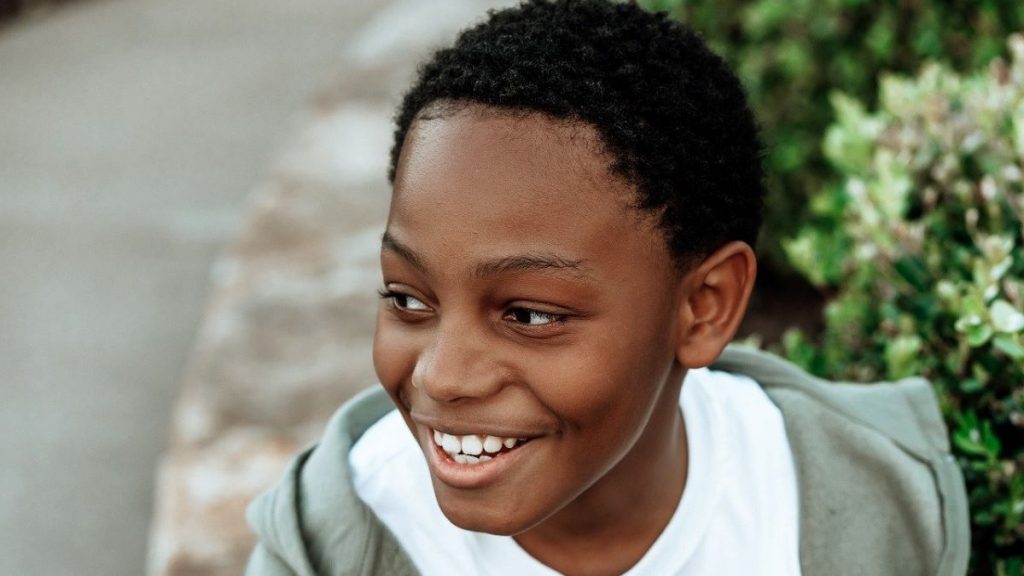Chicago Public Schools and Lurie Children’s Hospital Expand Partnership to Support Youth Mental Health

![]()
Chicago Public Schools and Lurie Children’s Hospital Expand Partnership to Support Youth Mental Health (Chicago, IL) — Chicago Public Schools (CPS) and the Center for Childhood Resilience (CCR) at Ann & Robert H. Lurie Children’s Hospital of Chicago are expanding a comprehensive and collaborative system to better identify and respond to Pre-K-12 students who need mental health support. The expansion from 200 CPS pilot schools to all District schools aims to strengthen the District’s response to an escalating national youth mental health crisis, exacerbated by the COVID-19 pandemic.
“We are immensely fortunate to expand this proven mental health model with a world-class children’s hospital,” said CPS CEO Pedro Martinez. “We know that this collaborative work with Lurie Children’s Hospital will help our students heal so they can get back on a path to learn and thrive.”
The school-based Behavioral Health Team (BHT) model, developed at Lurie Children’s and led by Colleen Cicchetti, Executive Director of CCR with CPS colleagues, aims to maximize resources and collaboration, provide early identification of students with behavioral health needs, and connect students to evidence-based interventions. Already piloted in more than 200 CPS schools, the District will begin expanding these teams to all 515 of its network schools next August with the goal of reaching all schools by School Year 2023-24.
The expansion of effective trauma-engaged Behavioral Health Teams is a key initiative of the District’s Healing-Centered Framework with implementation formalized under the District’s recently adopted Comprehensive Mental Health and Suicide Prevention Policy. CPS will be using a variety of funds, including federal COVID-19 relief funds to support the expansion in SY 2023 but a final budget for the full expansion is still being developed.
The feasibility and implementation of the BHT model was recently highlighted in the journal Psychology in the Schools by lead author Tali Raviv, PhD, psychologist and Associate Director of CCR and Associate Professor of Psychiatry and Behavioral Sciences at Northwestern University Feinberg School of Medicine.
“We know that up to 50 percent of adolescents will experience a mental health concern, but only about 20 percent of these youth get care from a specialized mental health provider – and those that do may only receive that care after their symptoms have reached a crisis point,” said Dr. Raviv. “We are excited to continue working with CPS to establish the Behavioral Health Team model in many more schools, so that every child who needs help can be identified as early as possible and connected to appropriate supports.”
These teams are intended to support identification of and appropriate referral for a range of common mental health problems, including anxiety, depression, trauma-related symptoms, disruptive behaviors, adjustment difficulties, peer problems, attentional problems, and substance use. The resources available in the school and in the community and the severity of a student’s symptoms determine whether services are provided in the school, the community, or a combination of the two. BHTs monitor student progress and make any needed adjustments.
Since 2009, Dr. Raviv and colleagues from CCR have been training school personnel on implementing BHTs and they offer ongoing consultation to build sustainable mental health capacity within the schools.
At Dr. Martin Luther King Jr. Academy of Social Justice, Principal Jasmine Thurmond has seen her students’ behavior and well-being improve since implementing the Behavioral Health Team Model over the past two years. The model creates the necessary time and space for team members to collectively respond to the individual behavioral and mental health needs of her school’s students, Thurmond said.
“The BHT model has had an indelible impact on our school’s climate and culture because we’ve been able to support our most vulnerable students and families,” said Principal Thurmond. “Students feel included, welcome, they feel they can be successful even if they have not been successful in the past. They feel loved, they feel compassion, they feel a sense of belonging.”
The partnership with CCR at Lurie Children’s Hospital will help inform, co-construct, evaluate, facilitate professional learning and coaching for BHT members on specific trauma-informed interventions and healing-centered practices to ensure successful wellbeing outcomes for students.
BHTs meet regularly and include school mental health professionals alongside other school and community staff such as administrators, teachers, nurses, and community partners. They work most effectively when the entire school community is working to improve implementation in a climate of trust and integration of social-emotional skill development.
“Collaboration across school, family and community systems is key to the success of the BHT model,” said Dr. Raviv. “Our ongoing partnership with CPS will ensure that more students get equitable access to mental healthcare, especially now when the need is so urgent.”
In addition, the long-term collaboration that piloted and refined this model is an example of how school-community partnerships can address unmet needs and advance strategies that can be replicated and scaled to help students to thrive and be successful in Chicago and beyond.
Chicago Public Schools and Lurie Children’s Hospital Expand Partnership to Support Youth Mental Health









Responses